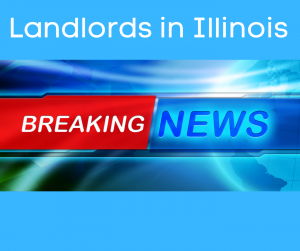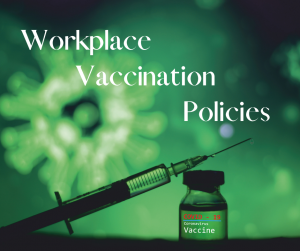Eligible restaurants and other dining establishments are entitled to apply to the U.S. Small Business Administration for a $28.6 billion grant program under the American Rescue Plan Act of 2021, as established in section 5003 of the legislation.
The SBA recently released a Program Guide that lays out the details of the grant eligibility under the Restaurant Revitalization Fund that foodservice outlets might want to review before applying. Among the key points of consideration promulgated in that publication are:












